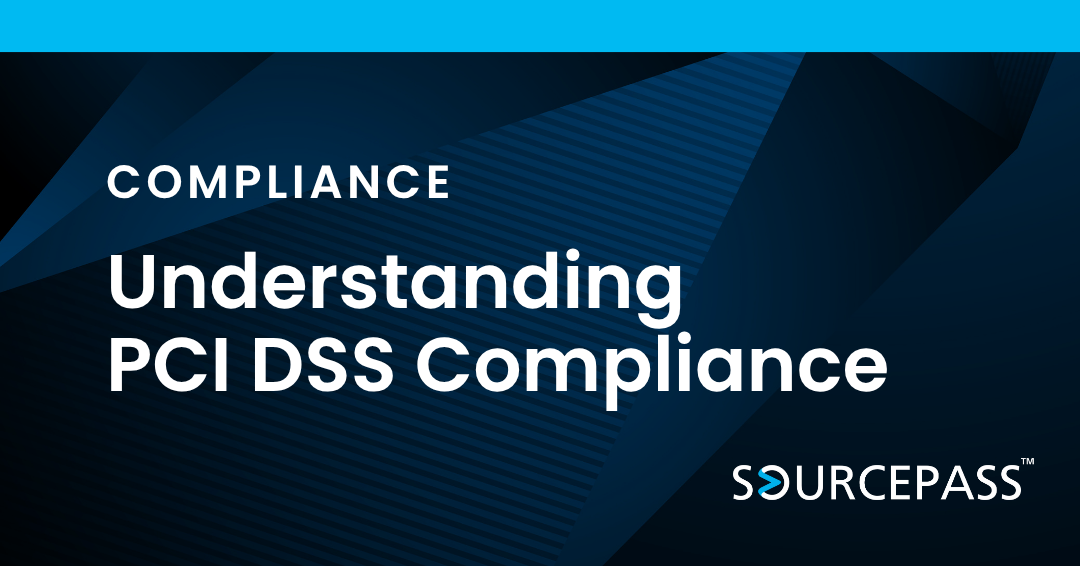Understanding PCI DSS Compliance: What It Is and Why It Matters for Cybersecurity
Jun 02, 2025 Admin Compliance Regulations 2 min read



The Payment Card Industry Data Security Standard (PCI DSS) is a set of security requirements established to protect cardholder data and reduce the risk of credit card fraud. Developed by the Payment Card Industry Security Standards Council (PCI SSC), PCI DSS applies to all businesses that store, process, or transmit credit card information.
Industries Affected by PCI DSS
PCI DSS compliance is required for organizations across various industries that handle payment card transactions, including:
- Retailers (both online and brick-and-mortar stores)
- E-commerce platforms
- Hospitality and travel industries (hotels, airlines, rental services)
- Financial institutions (banks, credit unions, payment processors)
- Healthcare providers (when processing patient payments)
- Telecommunications and utility providers (accepting card payments for services)
Compliance Requirements and Key Components
PCI DSS consists of 12 core requirements grouped into six key security objectives. To achieve compliance, organizations must implement the following:
1. Build and Maintain a Secure Network
- Install and maintain firewalls to protect cardholder data.
- Avoid using vendor-supplied default passwords for systems and applications.
2. Protect Cardholder Data
- Encrypt transmission of cardholder data across open, public networks.
- Implement strong encryption methods for stored cardholder data.
3. Maintain a Vulnerability Management Program
- Use and regularly update antivirus software.
- Develop and maintain secure applications and systems.
4. Implement Strong Access Control Measures
- Restrict access to cardholder data based on business need-to-know.
- Assign unique user IDs to each individual with system access.
- Limit physical access to cardholder data.
5. Monitor and Test Networks Regularly
- Track and monitor all access to network resources and cardholder data.
- Conduct regular security testing, including penetration tests and vulnerability scans.
6. Maintain an Information Security Policy
- Establish, maintain, and enforce security policies for employees and third-party service providers.
The Role of IT and Cybersecurity in PCI DSS Compliance
IT and cybersecurity teams play a crucial role in ensuring compliance by implementing technical safeguards and continuously monitoring systems for threats. Key cybersecurity strategies include:
- Data Encryption: Using TLS and AES encryption to protect cardholder information.
- Network Security: Deploying intrusion detection/prevention systems (IDS/IPS) and ensuring proper firewall configurations.
- Access Management: Enforcing role-based access controls (RBAC) and multi-factor authentication (MFA) for system access.
- Incident Response Planning: Establishing a clear incident response plan for data breaches or security incidents.
- Continuous Monitoring: Implementing Security Information and Event Management (SIEM) solutions to detect and respond to anomalies in real time.
Why PCI DSS Compliance Matters
Non-compliance with PCI DSS can lead to severe financial penalties, reputational damage, and increased vulnerability to cyberattacks. Ensuring compliance helps businesses protect their customers' payment data, build trust, and avoid costly breaches.
PCI DSS compliance is a critical security requirement for any organization handling payment card transactions. By integrating strong cybersecurity practices and leveraging IT security frameworks, businesses can meet compliance requirements while enhancing overall data protection.
Subscribe To
Sourcepass Insights
Sourcepass Insights
Stay in the loop and never miss out on the latest updates by subscribing to our newsletter today!



